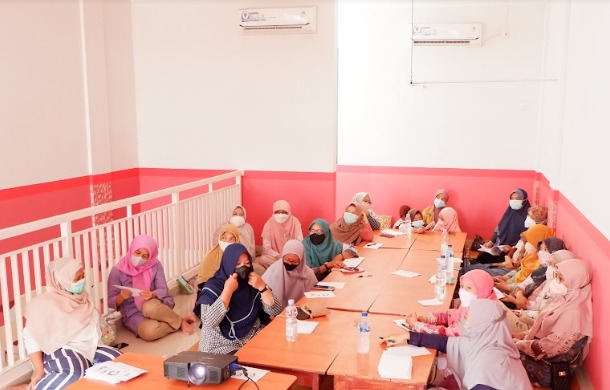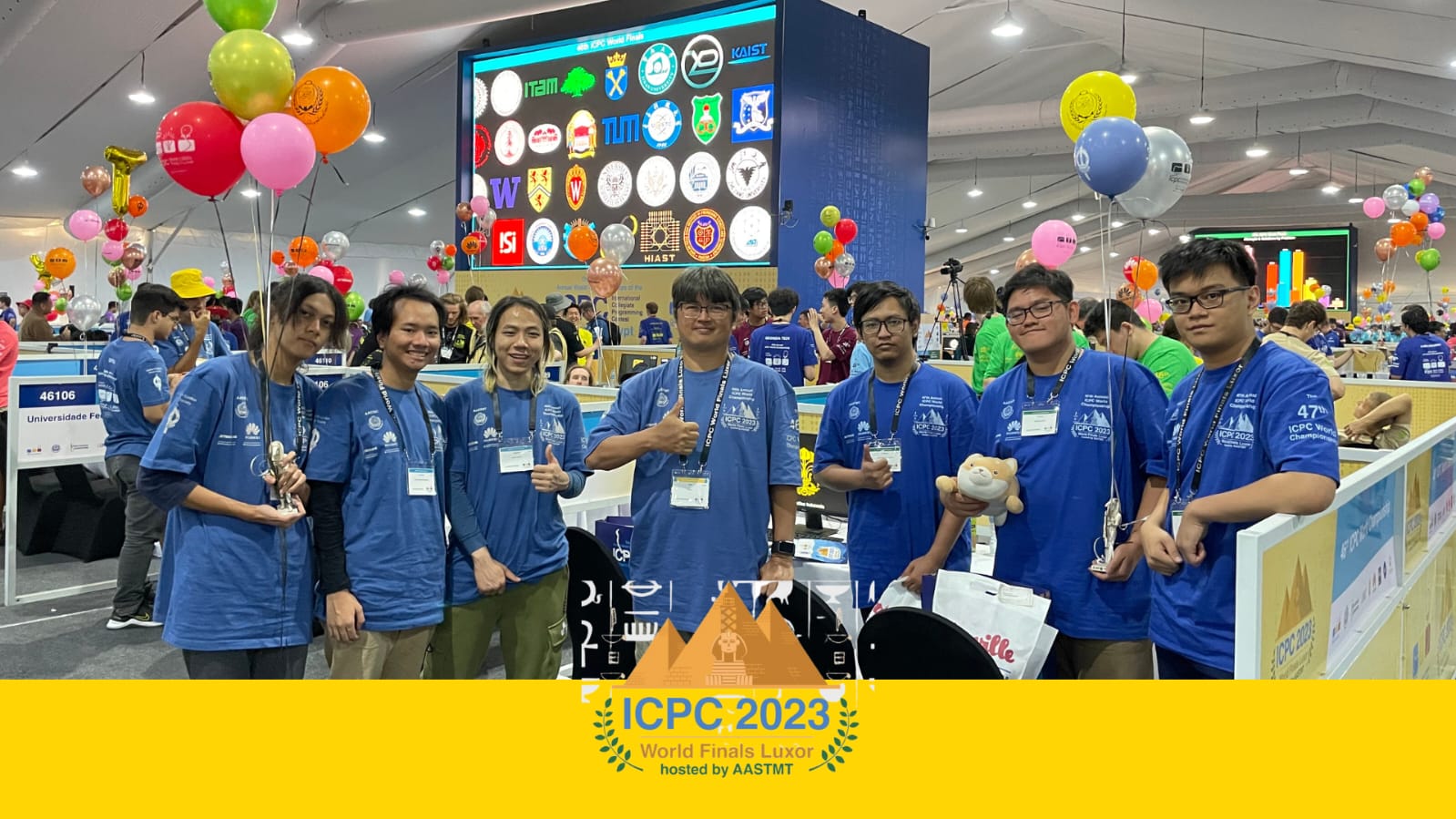 The issue of waste poluting water, soil, and air becomes the main concerm for the local government and people of Depok. The large population and increasing consumption of the people have contributed to a significant increase in the rate of waste production. Depok City’s Department of Environment and Hygiene revealed that all of the sites in Depok have poor water quality, due to industrial and household waste. One of the most alarming contributors to waste comes from used batteries, which are part of B3 (Hazardous Toxic Material) waste.
The issue of waste poluting water, soil, and air becomes the main concerm for the local government and people of Depok. The large population and increasing consumption of the people have contributed to a significant increase in the rate of waste production. Depok City’s Department of Environment and Hygiene revealed that all of the sites in Depok have poor water quality, due to industrial and household waste. One of the most alarming contributors to waste comes from used batteries, which are part of B3 (Hazardous Toxic Material) waste.
Departing from these conditions, the Community Service team of the Department of Industrial Engineering, Faculty of Engineering, Universitas Indonesia (FE UI) chaired by Prof. Dr. Rahmat Nurcahyo, together with the team –Ajun Tri Setyoko and Hana Fajria Pahlawan, master’s program students; Nurhadi Wibowo and M. Habiburrahman, doctoral program students–, conveyed the impact of waste on human health and the environment in RW 03, Tirtajaya Village, Sukmajaya District, Depok City. Also present at the counseling were the Head of RT 11 RW 03, Didin, and representatives from the RW 03 PKK.
“Based on the Regional Regulation of the city of Depok No. 03 of 2013 concerning Guidelines for Environmental Protection and Management, waste is defined as the residue from a business and/or activity. Waste can be divided into several types, namely organic waste, inorganic waste, and hazardous and toxic waste (B3). B3 waste requires special handling because it can have a negative impact on humans and the environment. For example, batteries, used syringes, and chemical toxic waste,” said Prof. Grace.
 Battery waste has different characteristics compared to general household waste, because the components in the battery contain mercury, nickel, lead, cadmium, and lithium which are classified as heavy metals. According to Prof. Rahmat, if not handled properly, some of these hazardous chemicals can be released into the environment and cause negative impacts on the environment.
Battery waste has different characteristics compared to general household waste, because the components in the battery contain mercury, nickel, lead, cadmium, and lithium which are classified as heavy metals. According to Prof. Rahmat, if not handled properly, some of these hazardous chemicals can be released into the environment and cause negative impacts on the environment.
“Some types of batteries are relatively small in size, which results in people often neglecting to dispose of batteries that are no longer used. The increasing use of batteries in society also significantly increases the environmental impact of battery waste,” said M. Habiburrahman. In addition, battery waste can cause dangerous diseases, such as cancer,” he said.
The management of hazardous waste (especially batteries) needs special attention from the government and the people of Depok City. The existence of hazardous waste management regulations does not mean that actual practices can be applied effectively. The counseling, which was conducted on Sunday, December 12, 2021, included material on the mechanism for proper management of battery waste.
Didin responded positively to this community service activity and said, “Residents do lack awareness of the dangers of battery waste commonly found in children’s toys and other household items, so the disposal of waste is not handled properly and correctly.” He continued that the local neighbourhood already has a regular waste segregation program, but the battery waste is still mixed with other waste. “With this counseling, we are increasingly aware of the importance of good battery waste management and in the future will improve the battery waste management system in our neighbourhood,” said Didin.



